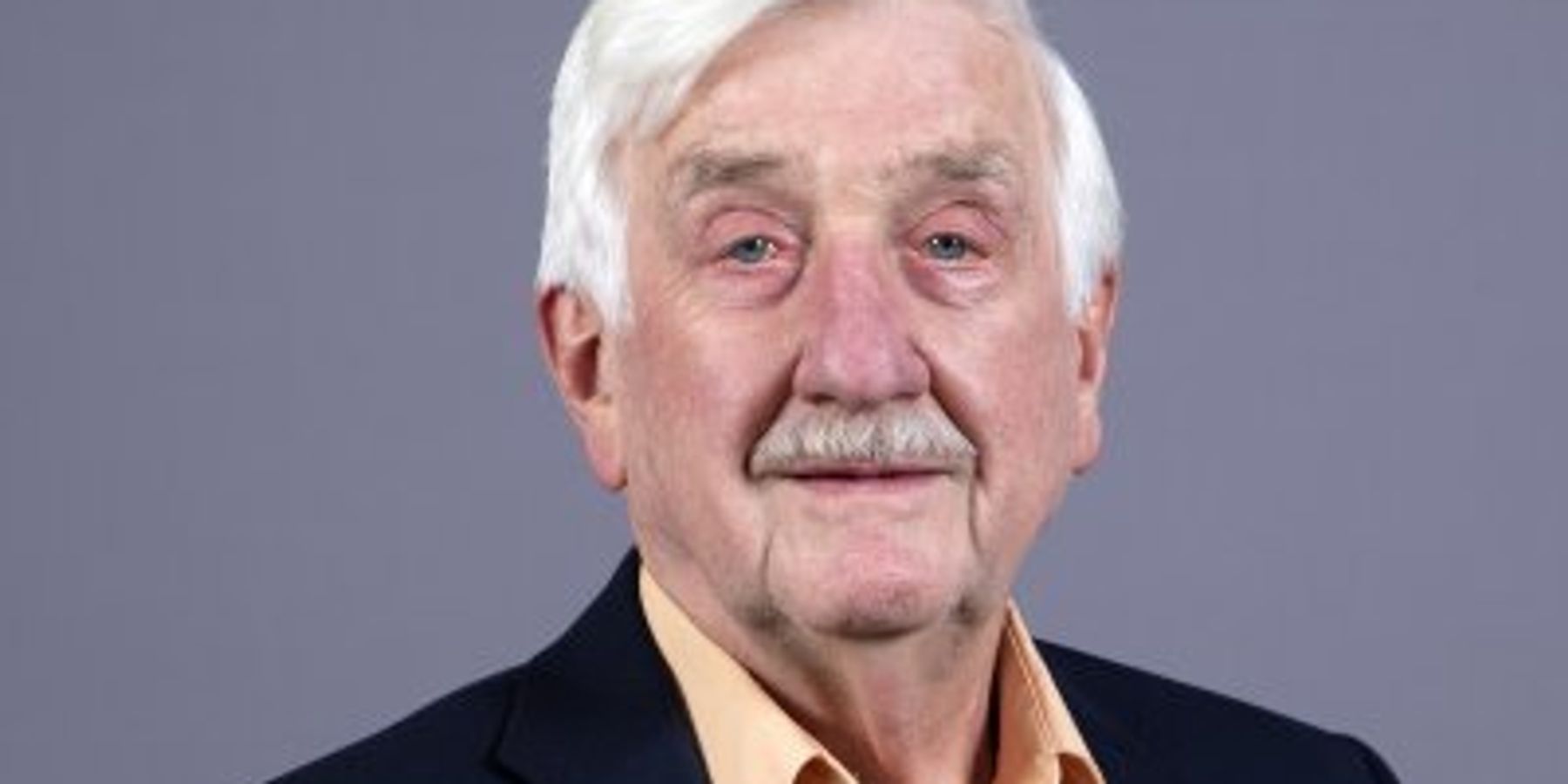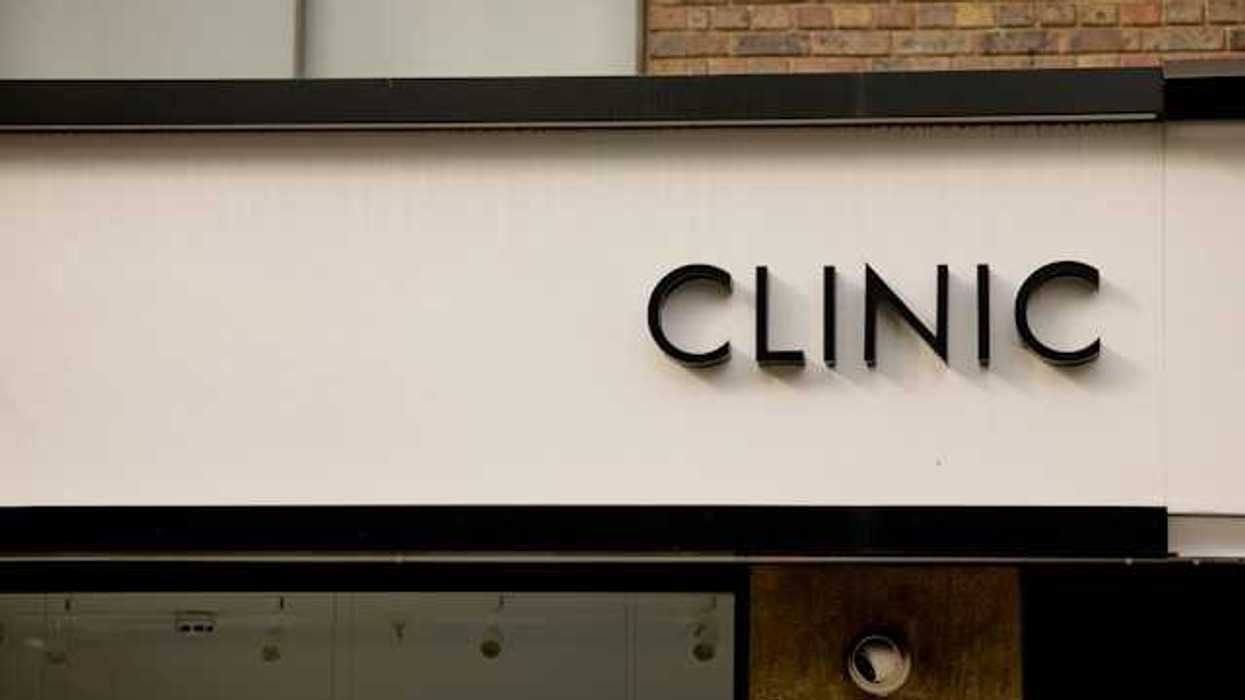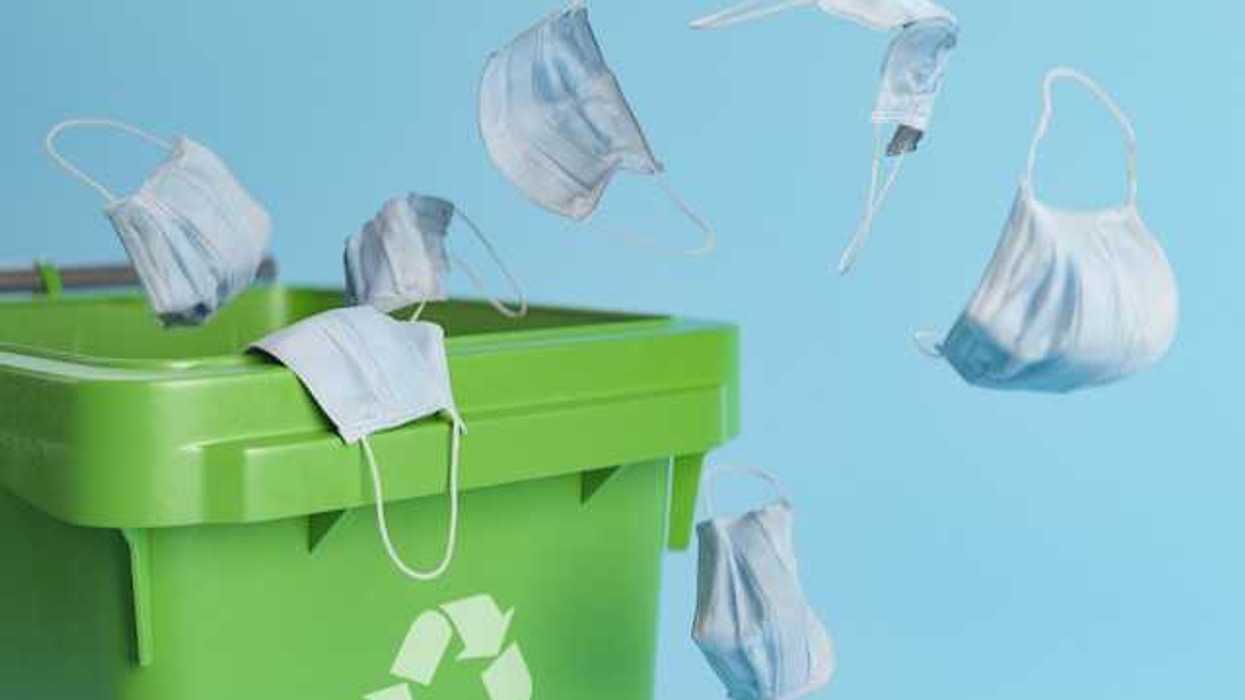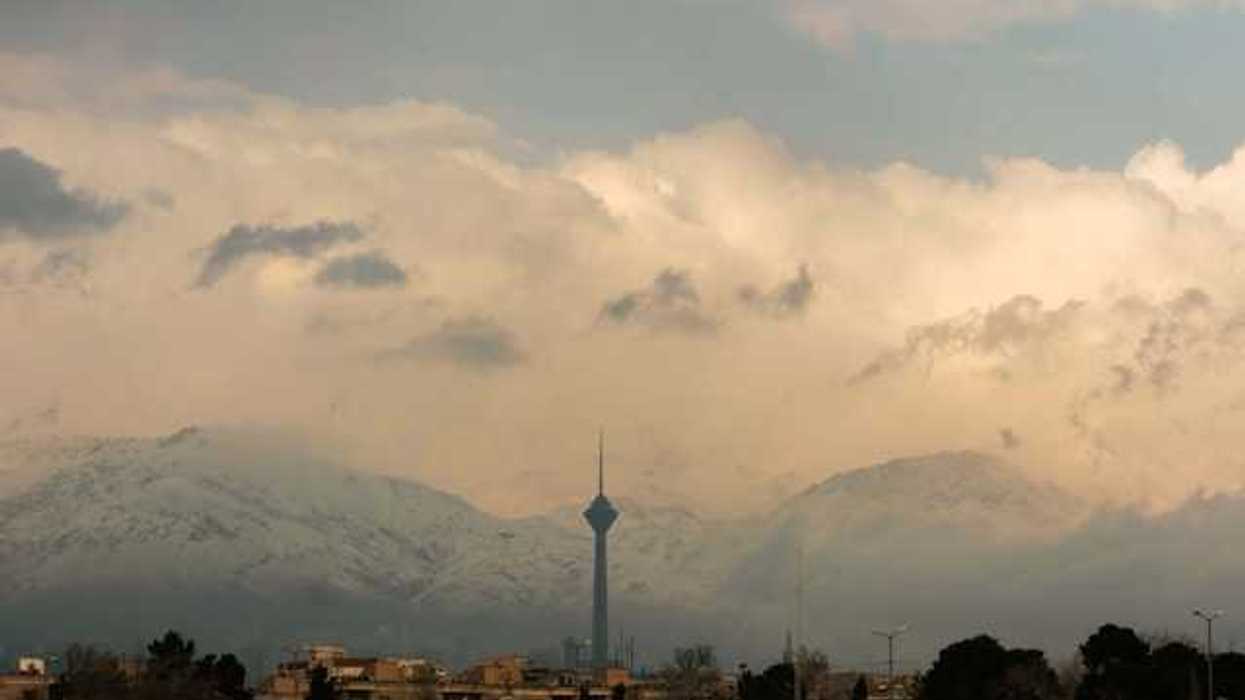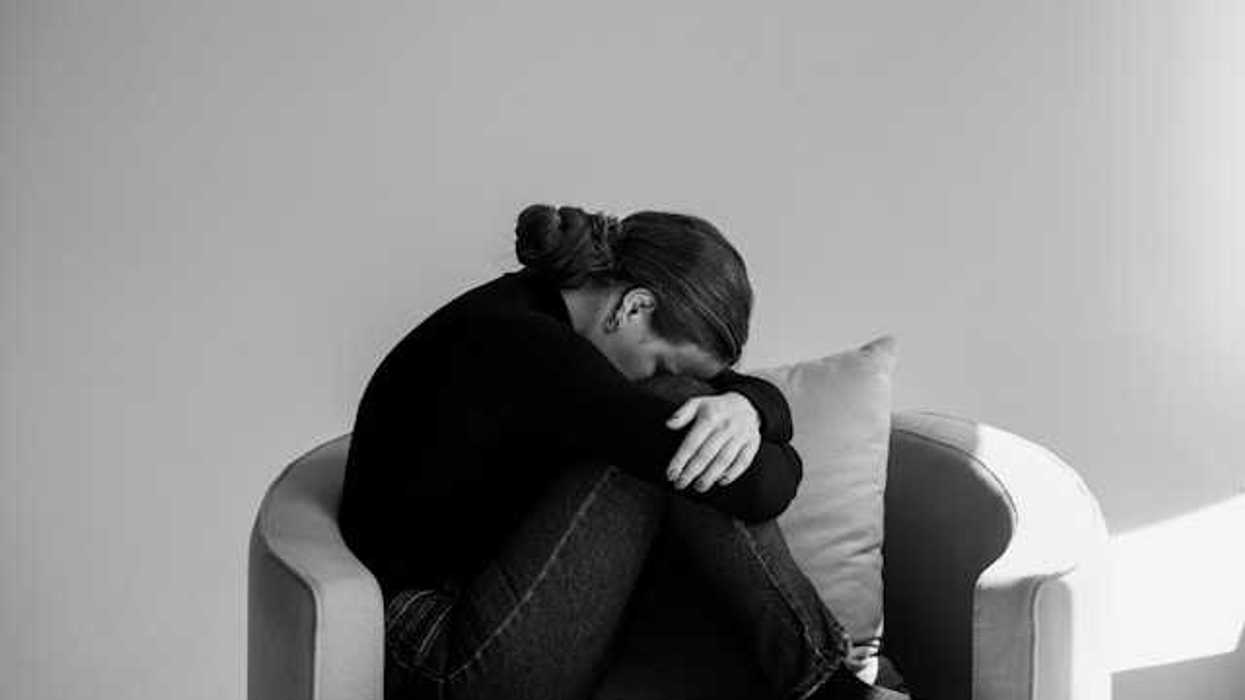Manufactured doubt. Companies have used this time-worn tactic to stop policy and stymie public health improvements for decades.
You don't need facts or expensive science to stop change. You just need to cast doubt in the public's mind.
That's what Monsanto is doing today to one of the nation's preeminent researchers on PCBs, or polychlorinated biphenyls. Unfortunately, the company is being aided and abetted by the researcher's home institution, the State University of New York at Albany.
This cannot stand.
David Carpenter is a public health physician who has spent his career researching the impacts of pollutants on the brain, particularly PCBs and their effect on IQ.
Carpenter played a major role in the creation of the School of Public Health as a partnership between the University at Albany and the New York State Department of Health. He helped establish the school's Institute for Health and the Environment.
Along the way, he became a devastating expert witness for those suing Monsanto for alleged health impacts due to PCB exposure. Monsanto was the primary U.S. manufacturer of PCBs until they were banned in the U.S. in 1979.
PCBs remain prevalent in the environment today and are linked to many health effects, including cancer, reduced IQs in children and asthma.
Last year, a law firm that has represented Monsanto in pollution cases sent three public records requests to the University at Albany regarding Carpenter’s service as an expert witness.
Monsanto has every right to request those records. Scientists doing controversial pollution or climate change research at public institutions or with public funding have often found themselves deluged with such requests from those who object to their findings.
The university's response is the issue.
Carpenter says he was placed on “alternate assignment” in response: Barred from his office and laboratory, prohibited from teaching, initially forbidden all contact with his students.
In addition to leaving Carpenter's seven Ph.D students and numerous undergraduates in the lurch, the university officials cast a pall of doubt on Carpenter – doubt that Monsanto has wasted no time exploiting.
Last week Bayer, parent company of Monsanto, filed an emergency motion in a pending case where Carpenter testified on behalf of the Saint Regis Mohawk Tribe, who allege increased risk of cancer due to PCB exposure. "The university’s disciplinary investigation of Dr. Carpenter," the motion states, "is critically material to the jury’s determination of Dr. Carpenter’s credibility and bias."
To be fair, the university is in a tough spot: It cannot speak publicly about specific personnel issues, and its policies and obligations under the open records law compel it to be fair to all parties.
University spokesman Jordan Carleo-Evangelist emphasized that "alternate assignment is not disciplinary."
But the actions have effectively undercut Carpenter's ability to testify in the courtroom, and we urge the university to proactively and aggressively work to clear up this matter and remove any cloud from Carpenter's status.
"It's not about me," Carpenter told us. "It's about the power of (Monsanto) to discredit people who go up against them."
"It's not about me. It's about the power of (Monsanto) to discredit people who go up against them." – David Carpenter
Judith Enck, a former U.S. Environmental Protection Agency official who now teaches at Vermont's Bennington College and is leading an effort to restore Carpenter's reputation, said Bayer is using the university's actions to "discredit Dr. Carpenter and limit his role as an expert witness" in an important trial.
"It's reputational damage. … The university has created an atmosphere of uncertainty around him," Enck said.
Environmental Health Sciences, publisher of EHN.org and DailyClimate.org, has long defended scientists in similar situations. We urge our readers to take one or more steps to build pressure for change:
- Join the community supporting Carpenter by signing an online petition by Monday, Feb. 20 before noon ET (more than 1,200 have signed to date: it's officially a movement!),
- Write a letter of 250 words or less to the Albany Times Union (TULetters@timesunion.com),
- Share this editorial with University of Albany President Dr. Havidán Rodríguez (Presmail@albany.edu) and/or the chancellor of the SUNY system, John B. King Jr., (John.King@suny.edu).
Scientists spend decades painstakingly building expertise and reputations that can be destroyed with breathtaking ease.
The University at Albany, inadvertently or not, has helped Monsanto accomplish that aim. A researcher like Carpenter, who has devoted his life and career to improving our public health, deserves our support.
The editorial board of EHN and The Daily Climate provides a voice for science-based public policy, a healthier environment, and a reduction in environmental injustices.
The editorial board champions those principles without regard to partisanship and beholden to no individual, scientific society or political organization.
While the editorial board is an institutional voice, it is not the voice of the institution as a whole. It does not speak for the newsroom of these two publications.
- The Monsanto Papers, Part 1 — Operation: Intoxication ›
- Op-ed: What the pesticide industry doesn’t want you to know ›
- The Monsanto Papers, Part 2 — Reaping a bitter harvest ›
- Carey Gillam and Nathan Donley: A story behind the Monsanto cancer trial — journal sits on retraction ›
- Essay: Monsanto’s ghostwriting and strong-arming threaten sound science—and society ›
- SUNY-Albany professor reinstated after Monsanto attempts to discredit his work - EHN ›

